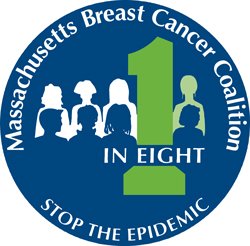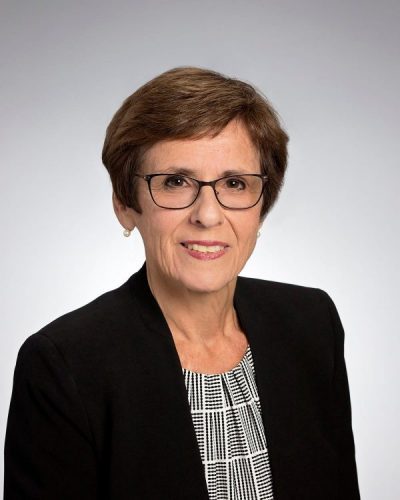Dear Friend,
Breast cancer is an epidemic that cannot capture the public’s attention for just one month of the year in October. Approximately 85% of breast cancers occur in women with no family history. Breast cancer is the most commonly diagnosed cancer among women both in the United States and globally.
As our 30th year draws to a close, Massachusetts Breast Cancer Coalition (MBCC) continues to build upon the mission on which we were founded, to prevent the environmental causes of breast cancer through community education, research advocacy, and changes to public policy. MBCC believes that all people deserve access to clean air, clean water, and food and consumer products free of harmful chemicals – this is a fundamental right regardless of one’s socio-economic status, zip code, gender, racial demographic, or sexual orientation.
In 2022, MBCC will continue to focus our community education and outreach efforts to expand our support of underserved communities who too often bear a disproportionate burden of exposure to environmental toxins because of where they work and live. MBCC will continue to deliver the vital health information provided in the Let’s Talk Prevention: Reducing Toxic Exposures program and to guide individuals on ways to take action to protect their health in both their homes and communities. MBCC continues to enhance Program materials to meet the needs of all audiences, including building upon our current offering of materials in seven languages to meet the needs of those for whom English is a second language.
We will not only educate people on ways to reduce their personal exposure to toxic chemicals but we will inspire them on ways to take action to reduce chemicals of concern from their environment. Specifically, MBCC continues to be concerned with the health impacts of PFAS exposure, especially how this exposure can alter mammary gland development and potentially increase the risk of breast cancer later in life. This is why we are so proud of our role as a community partner on three national health studies and will also continue to work to shape regulatory approaches to PFAS both locally and nationally.
There is still so much work to do to change the legacy of breast cancer for future generations. We are grateful to all of you who support MBCC in so many ways as we continue the vital work towards breast cancer prevention.
With deep appreciation,

Cheryl Osimo
Executive Director
Massachusetts Breast Cancer Coalition

